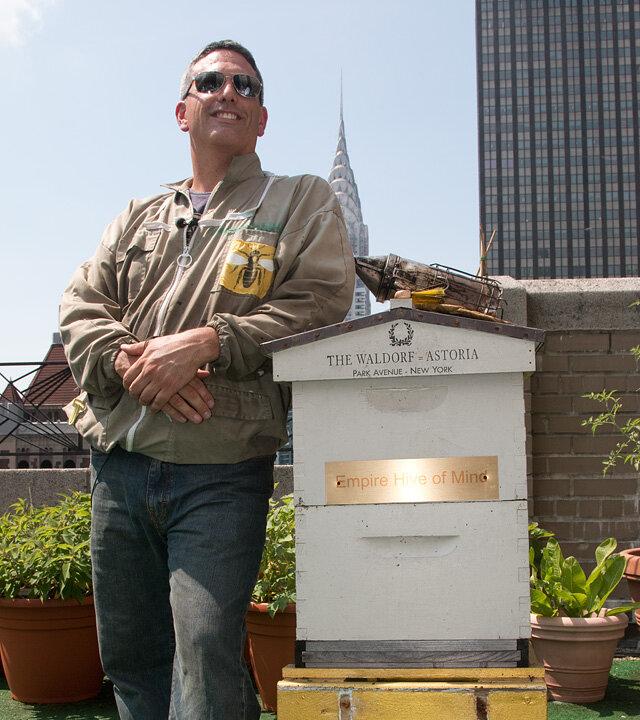If you think New York City was buzzing with eclecticism before you heard of Andrew Coté, you’ll think the city is downright swarming with oddities when you hear what this city slicker does for a living.
Here’s a hint: He often climbs steep fire escapes and counts A-list Hollywood celebrities among his frequent customers. Did we mention that he runs one of the biggest sting operations in the Big Apple?





